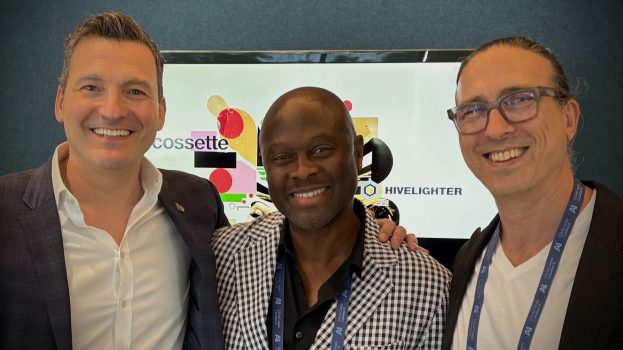By Subtej Nijjar
When it comes to brands and corporations we love, or even the ones we love to hate, speaking out on social issues has often been seen as a calculated decision from a marketing playbook that people like us in the agency world help to create.
The issue of racial inequality is at a tipping point. And I believe that executives with power not only have to make sure their brands have a point-of-view on the world around them, but that it is their moral obligation to speak up and help shape the future of the world we live in.
Political and social responsibility has now fallen on the shoulders of our corporate leaders as trust and faith continues to erode in the world’s political structures and systems. We’ve way too often said “that CEO should run for president,” but what if we actually treated the CEO’s platform as equivalent to the most powerful leader in the world? Because God knows we are desperately searching for someone to fill that void.
Some of us have been fortunate enough to work with brands like Nike, IKEA, Budweiser, Starbucks or even Ben and Jerry’s, who understand that taking a stand can often lead to a long-term positive impact on the world around us and our businesses. But I believe it is no longer enough to put together a timely ad and watch the accolades roll in. This is more than an issue that “needs more awareness.”
Campaigns used to bear the brunt of consumer criticism – now, c-suite executives themselves are being called out for their own beliefs. People want to know where our leaders stand as individuals on what is going on in the world around them. We’ve previously let corporate celebrities take on this burden, but the time has come for everyone with a big title to take their fair share of the responsibility. While Richard Branson, Elon Musk and Mark Cuban have taken the opportunity to link their cult-like personalities to their own brands, other senior executives have let their brands do the talking. And in times of crisis, that is not enough. Everyone is tired of the corporate equivalent of showing up to a rally for a protest selfie.
Right now, citizens are taking a stand on racial inequality and the dangers people of colour face every single day. Collectively, more of us are aware of our history of racism and acknowledge that it exists today, but too often we fail to address the subtler, less obvious forms of racism that people of colour encounter every day. We need to address equality of opportunity just as much as we need to acknowledge that the fundamental human experience for people of colour is different – whether it’s everyday interactions with police, going out for a jog or simply playing hip-hop in a hockey dressing room.
Many corporate leaders have built organizations that cherish diversity and inclusion and are willing to stand up for those values when they are threatened within their own walls. But it’s time for them to sign their own names to the corporate statement. It’s time that, as individuals, they use their platform and power to advocate for the powerless.
It’s the acknowledgment, understanding and ability of privileged individuals to confront systemic problems head-on that will allow for real change. Corporate leaders must stand for something bigger than customer segments and shareholder value. They need to speak up and speak out against hatred, racism and injustice. It’s their responsibility to confront the truth that while all people are created equal, not all people are treated equally. Because the first step in solving a problem is to get the people in power to recognize – and verbalize – that we do in fact have one.
As brand stewards, we ourselves have a responsibility. We are fortunate to work with phenomenal brands, most of whom want to make change happen. Let’s help the leaders of our client partners form an opinion and take real action. Now is the time for us to use the power we have as advisors to encourage leaders to use their voice. They will be better for it.
Subtej Nijjar is partner and president of Toronto integrated agency Union.























